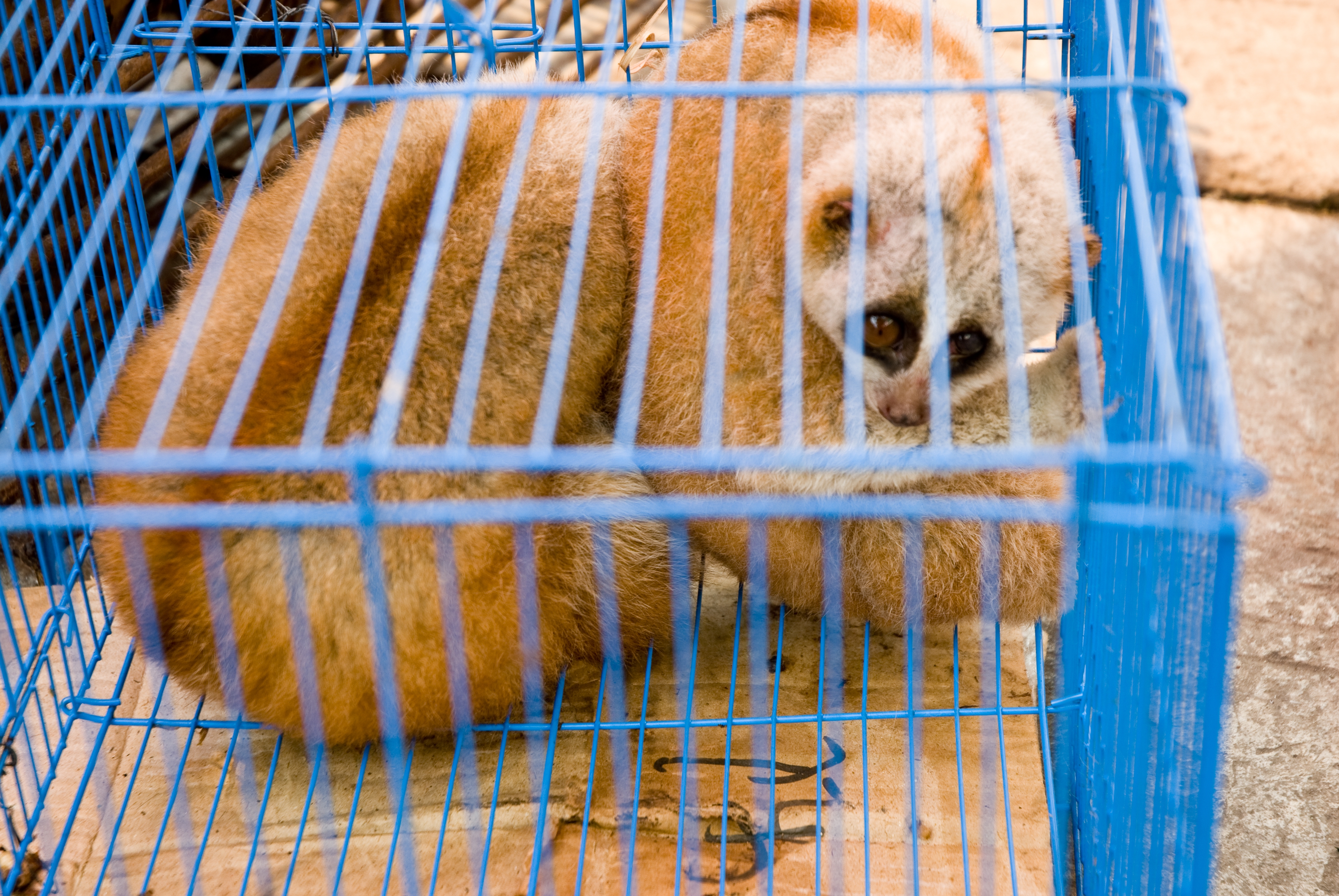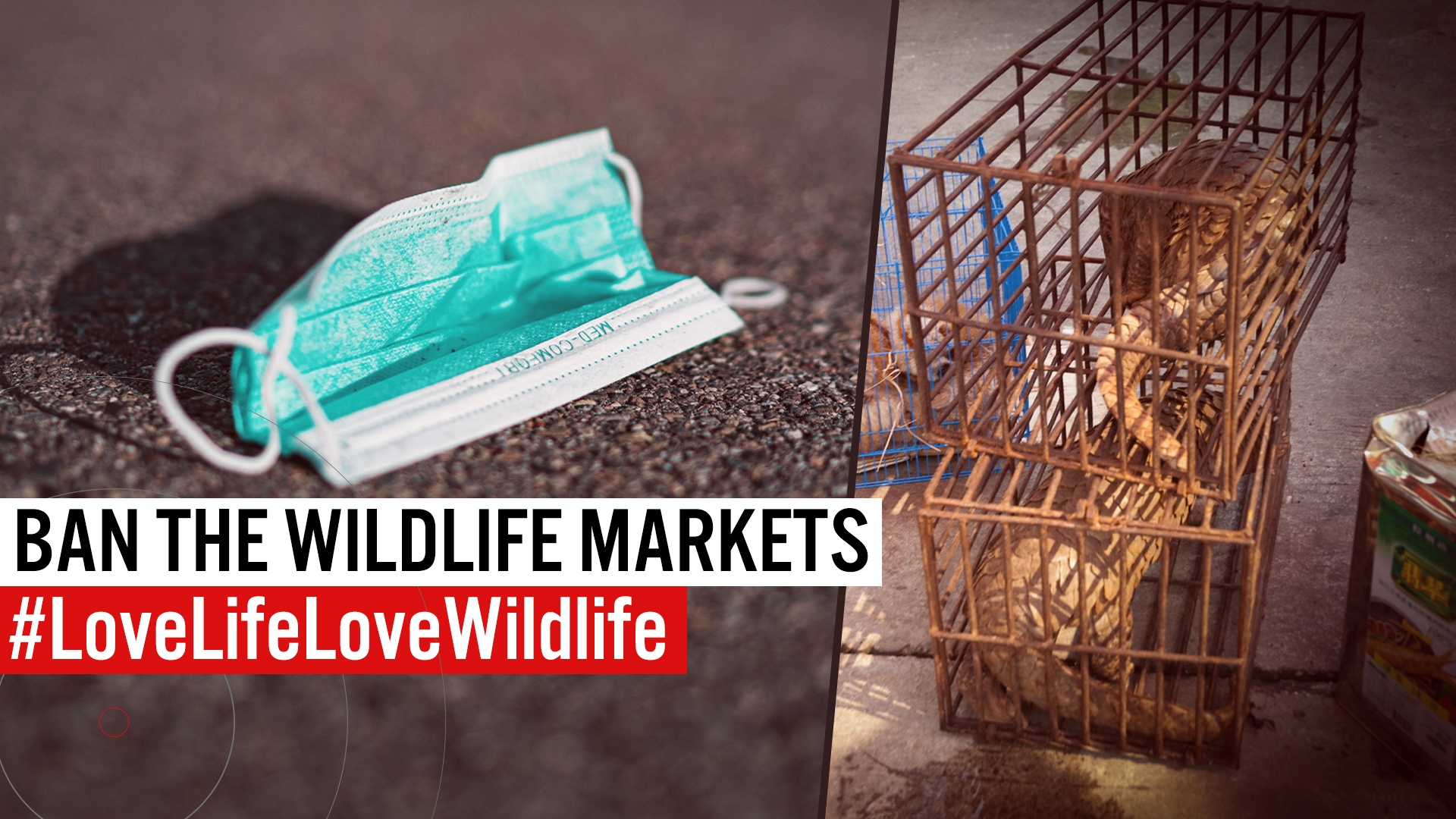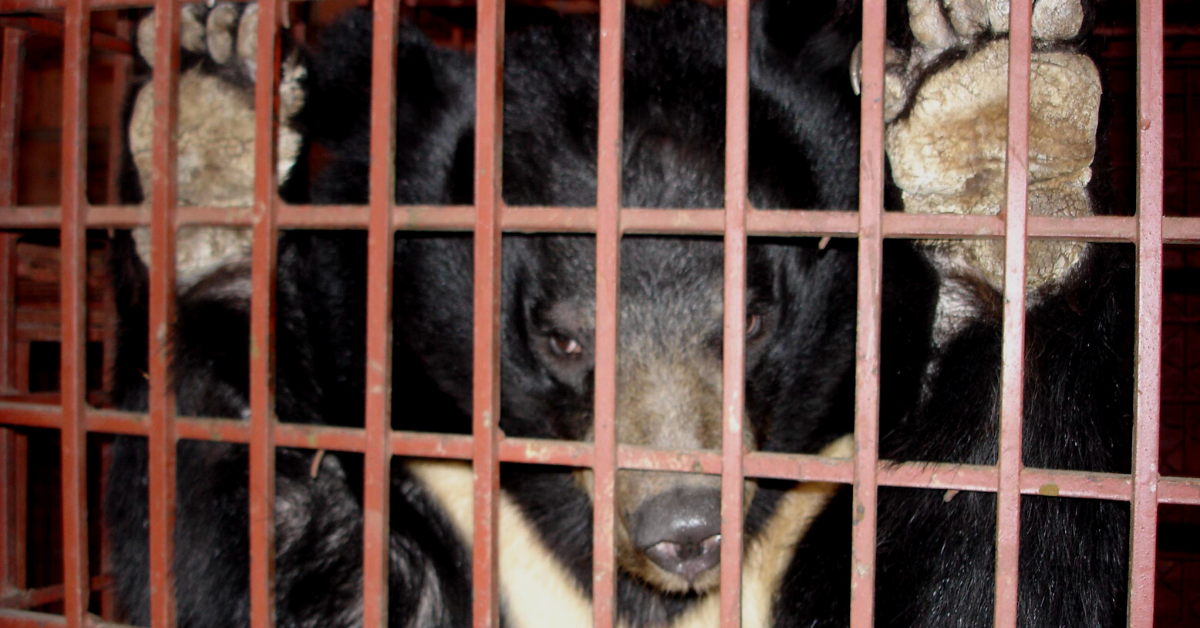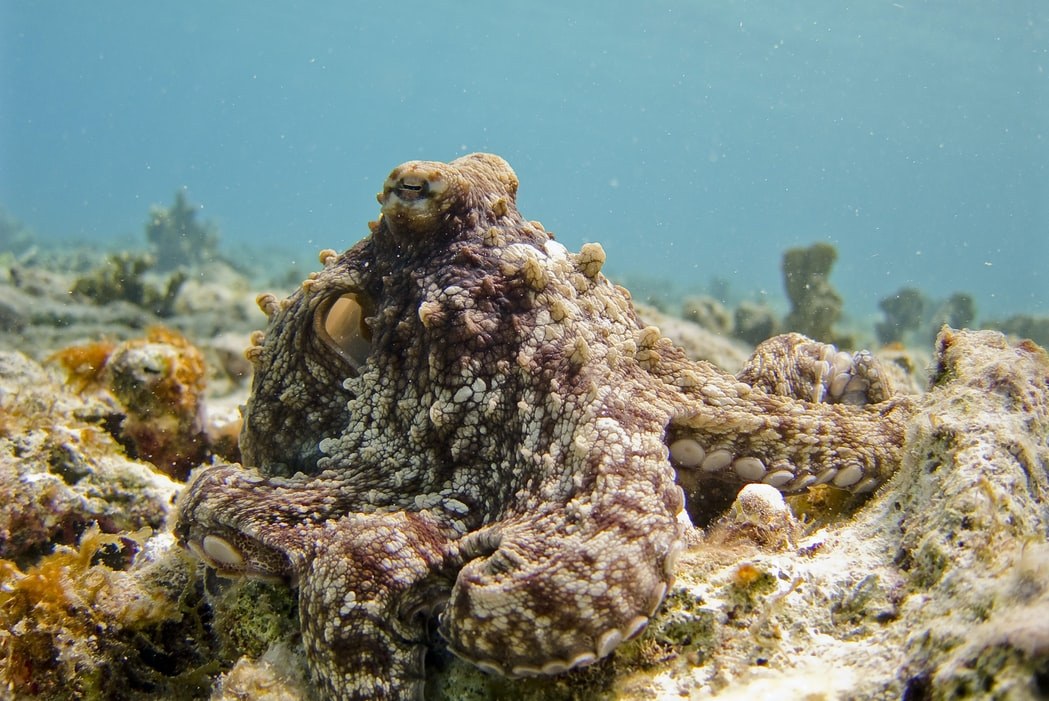Love life, love wildlife
Covid-19, a disease which jumped from wildlife to humans, has had staggering human and economic impacts. There is a growing understanding that such diseases from wildlife represent a constant, rather than passing, threat to global public health and economic security. There is also strong support for the closure of commercial wildlife markets among people living in countries where they are prominent.
We are making the case, alongside medical associations and experts, to urge the EU, the UN, the Association of Southeast Asian Nations, and leaders all around the world to take action.
Our message is simple: Commercial wildlife markets, where all too often, rare species like pangolins, tigers and bears are kept in appalling conditions and sold, must end.
In the wake of SARS, there were some ineffectual measures to crackdown on the consumption of civet cats, believed to be behind the outbreak, but no thorough commitment was made to end these hotspots, where diseases made the leap from animals to humans.

Let's learn from the mistakes of the past
Unless bans on commercial wildlife markets are global, permanent and enforced, they will not prevent further outbreaks.
China has huge commercial wildlife markets, with the legal side of the trade, the ‘wildlife farming’ industry worth around US$57 billion annually. This trade, which is already the source of significant cruelty, often provides a front for the illegal trade, and a place to launder illegally caught wildlife.
It is also crucial that along with consumption of animals – which is what the temporary ban covers – any legislation must include animal parts procured for traditional Chinese medicine.
The ban on illegal trading of wildlife, and the markets which support this trade, must be all-encompassing, and it must be enforced
Steve Trent, EJF Executive Director
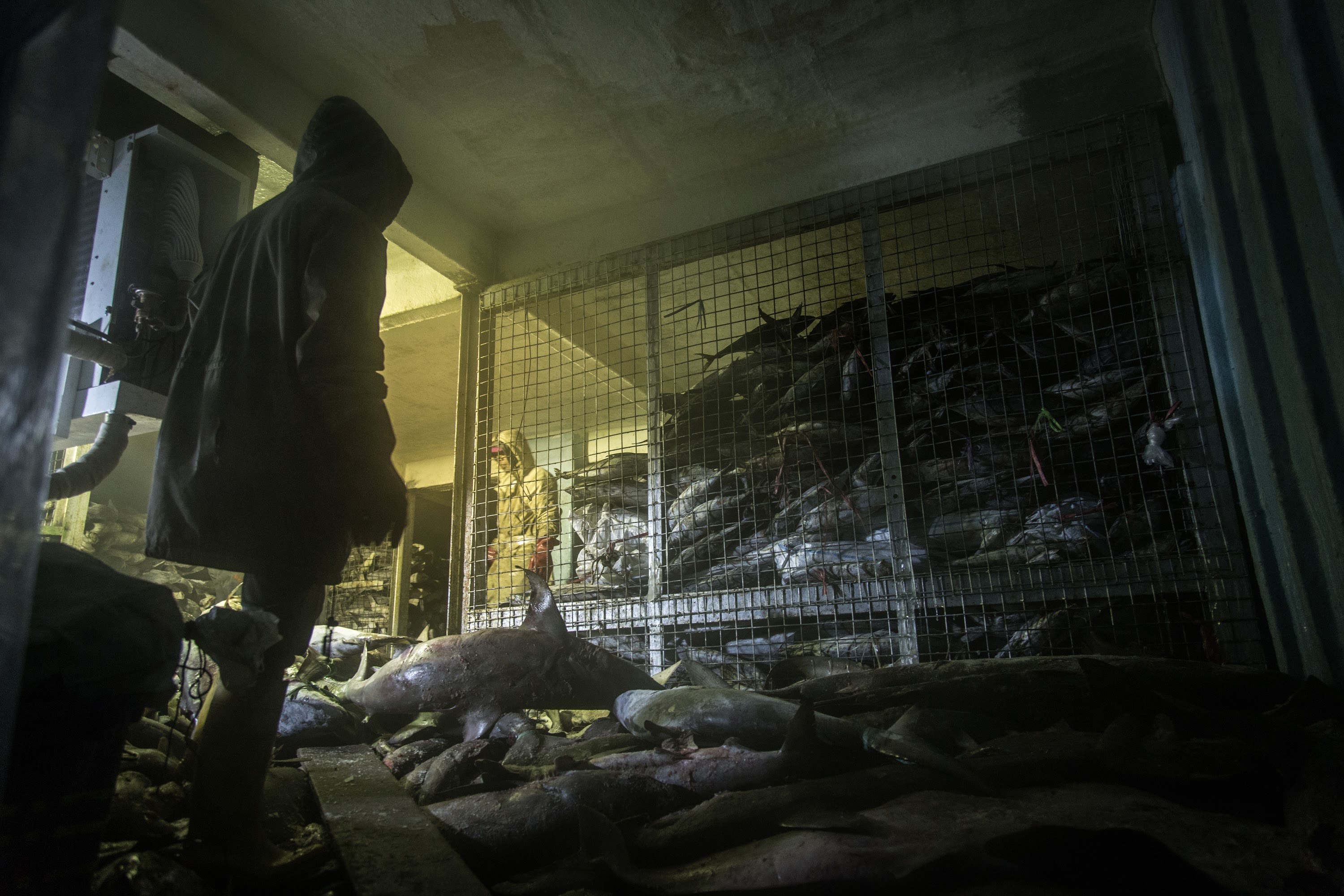
A real solution
Ebola, bird flu, swine flu, Middle East respiratory syndrome, Rift Valley fever, SARS, West Nile virus and Zika virus: all these made the jump from animals to humans and experts say it was almost always human behaviour that caused the leap.
Preventing further outbreaks starts with shutting down commercial wildlife markets like Wuhan’s. We must halt the destruction of ecosystems and tackle the climate crisis that both drive wildlife into contact with people. It's time for action. Love life, love wildlife.
SIGN UP FOR OUR EMAILS AND STAY UP TO DATE WITH EJF
